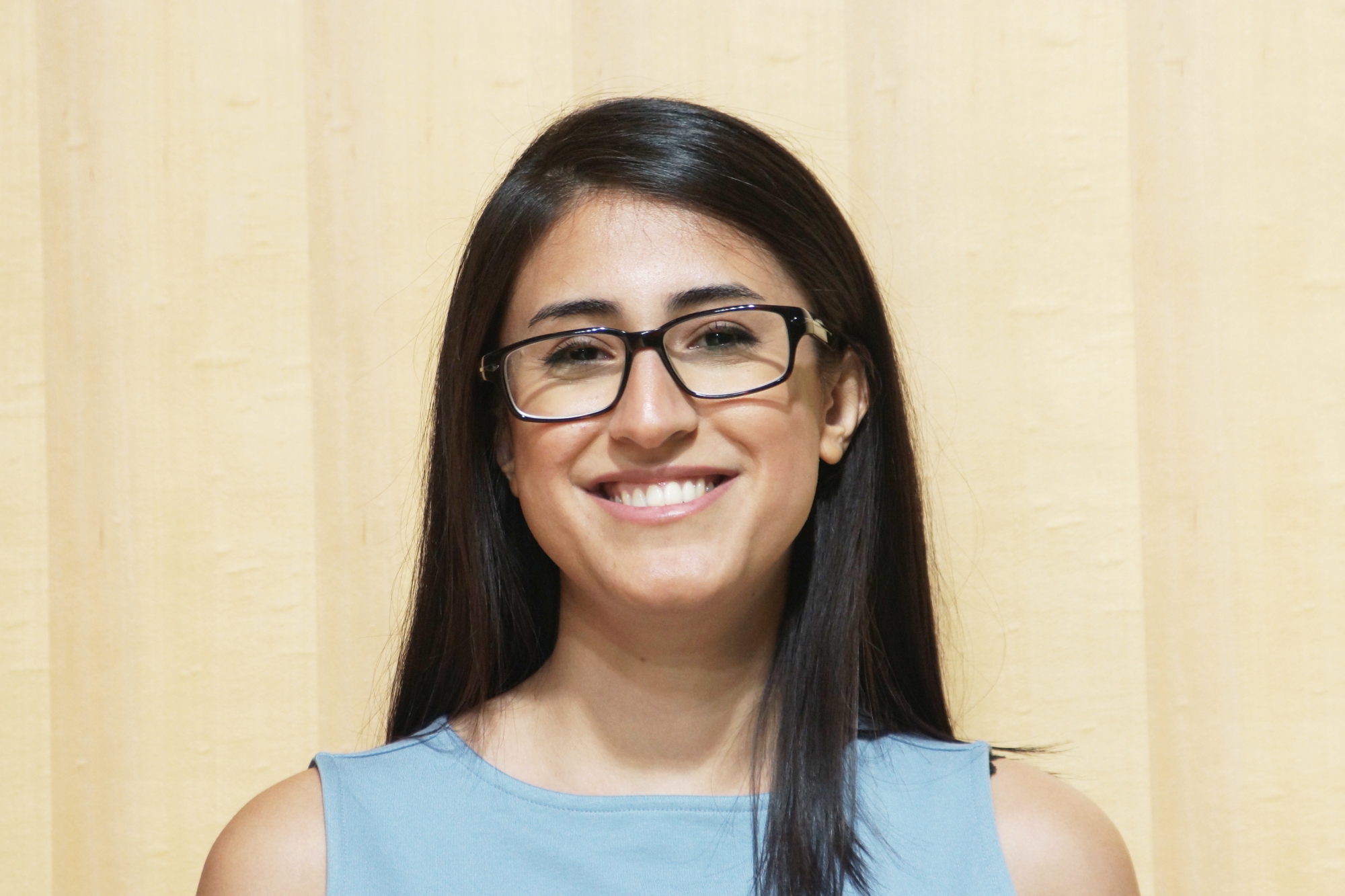Marjan Dolatmoradi, Graduate Student, Vertes Lab, GW Department of Chemistry
High-throughput Single Cell Analysis of Plant Metabolites by Laser Ablation Electrospray Ionization Mass Spectrometry with Ion Mobility Separation
The Department of Chemistry Presents: Marjan Dolatmoradi, Graduate Student, Vertes Lab, GW Department of Chemistry
Characterization of phenotypic variations among individual cells within complex tissues requires ultra-sensitive analytical platforms with high-fidelity sample manipulation and rapid analysis. Among several ambient ionization mass spectrometry (MS)-based techniques developed for in situ analysis of biological samples, laser ablation electrospray ionization (LAESI) has become a promising analytical platform owing both to low detection limits and a minimal need for sample preparation. Development of a fully automated fiber-based LAESI ionization source (f-LAESI) with an enhanced sampling rate of >800 cells/h enabled the characterization of metabolic heterogeneity in soybean (Glycine max) root nodule cells infected by nitrogen-fixing soil bacteria (Bradyrhizobium japonicum). Through the determination of metabolic noise values and the shape of metabolite abundance distributions for n > 1000 infected cells, a more precise understanding of cellular metabolism variations was achieved. To overcome the limitations in molecular coverage associated with limited sample size, traveling wave ion mobility separation (TW-IMS) was utilized. It helped to distinguish structural isomers, reduce ion suppression effects, and enhance the signal-to-noise ratio, resulting in a two-times higher molecular coverage. For large or oddly shaped samples, where close proximity between the sampling stage and the mass spectrometer inlet was impossible, a remote ablation chamber was developed for LAESI-MS. By incorporating modifications derived from computational fluid dynamics (CFD) modeling, an optimized ablation chamber with rapid and efficient particulate transfer was introduced for the in situ metabolic analysis of plant specimens. To demonstrate the utility of LAESI-IMS-MS in exposomics, it was applied for the analysis of organic molecules in hard tissues originating from environmental exposure. The improved molecular coverage and quantitation capabilities offered by this technique enabled the detection of organic biomarkers, including nicotine and its metabolites in tooth dentine and hair samples.
BIO
Marjan Dolatmoradi received her M.S. degree in computational chemistry from American University in Washington, DC in 2018. In 2019, she joined the research group of Prof. Akos Vertes at the George Washington University. Her research projects have focused on the development and applications of LAESI-MS for in situ metabolomics of biological samples including single cells.

